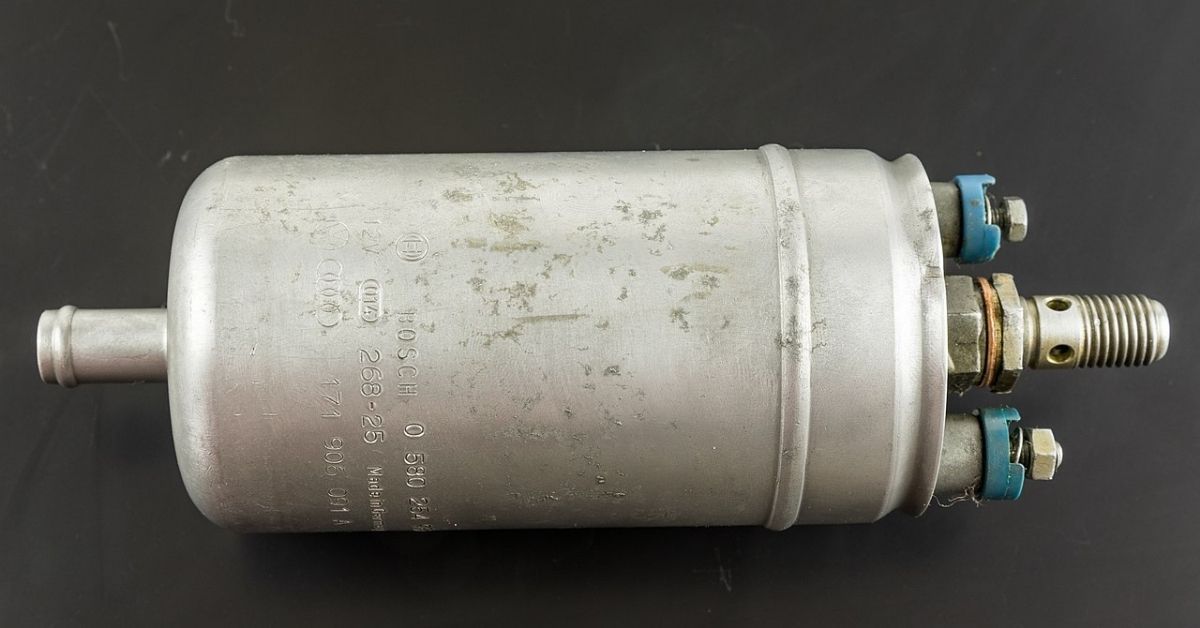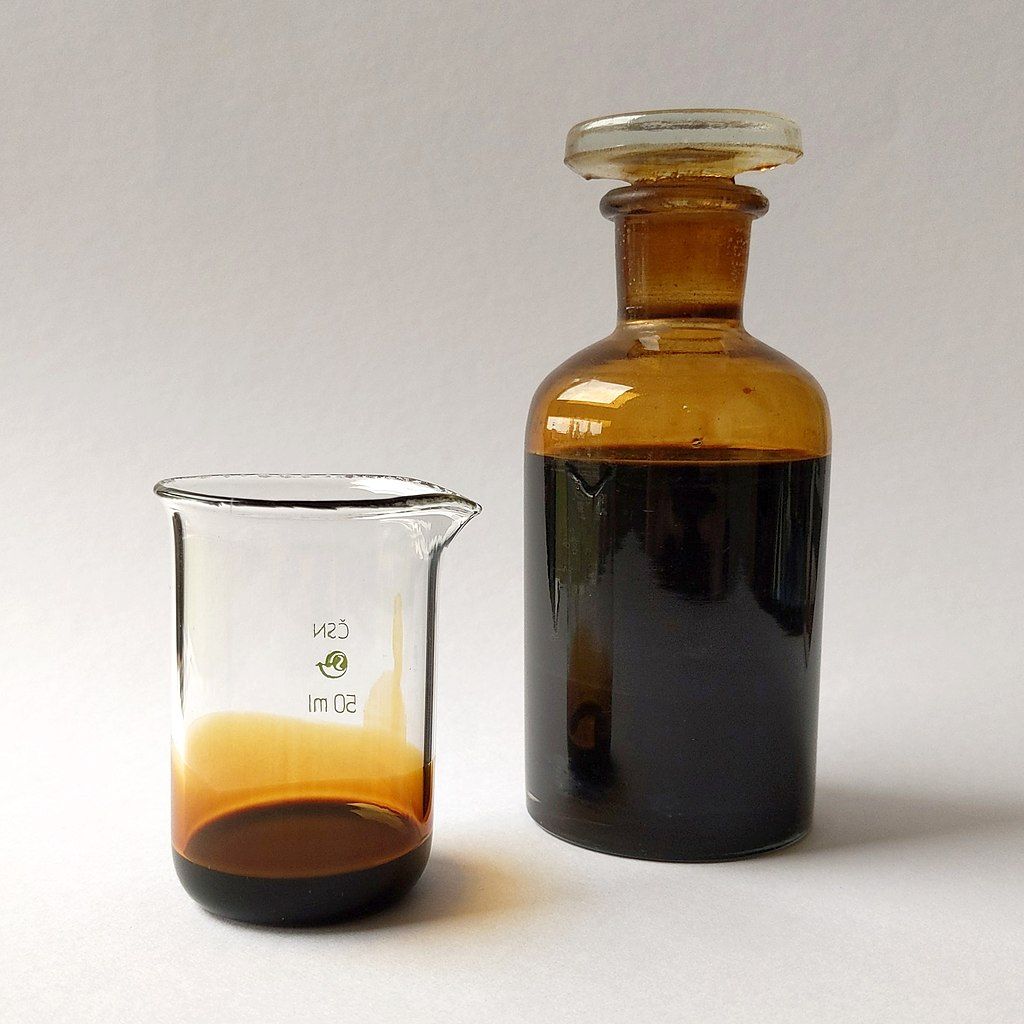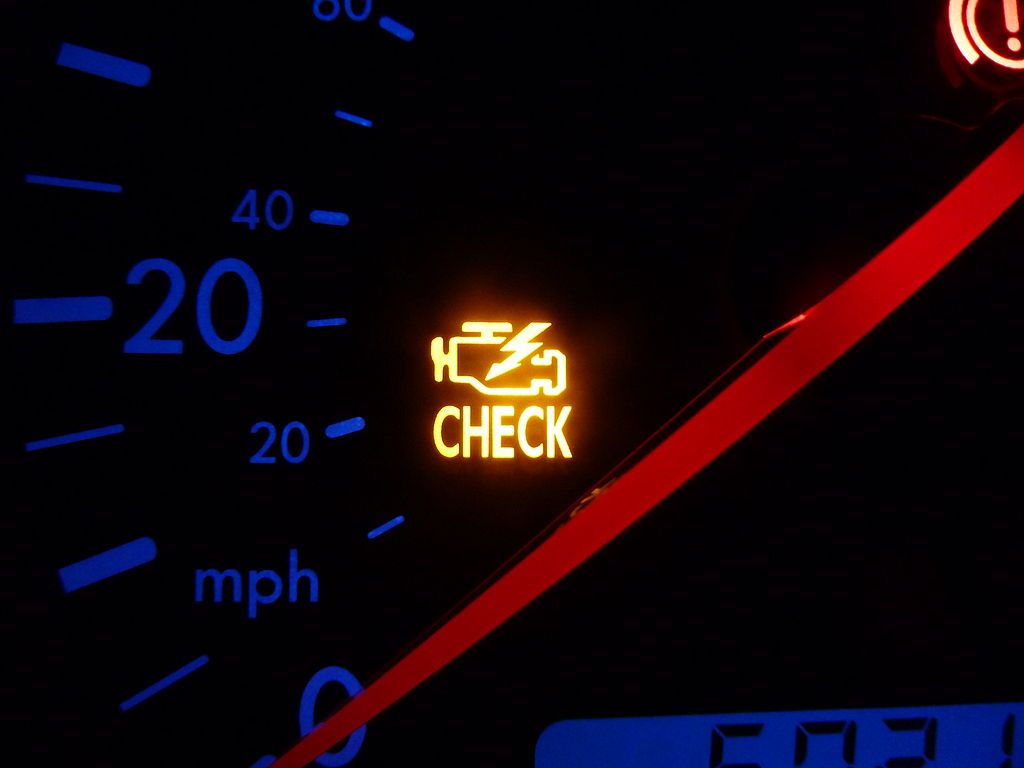Nobody wants to experience car trouble, but unfortunately, we do. What makes matters worse is that it always seems to happen at the most inconvenient time.
Loving your car is one thing, but that doesn't mean you have intimate knowledge about how they work and run. Knowing what to look out for, or listen out for, can go a long way to keeping your car on the road.
One common vehicular problem that can throw a wrench into the works is a faulty or bad fuel pump. The fuel pump delivers your gas to the engine at the required pressure.
Without this important piece of the puzzle, your car or vehicle can have major performance problems. But what are the symptoms, and how can you prevent a bad fuel pump from happening in the first place?
Let's take a closer look at the most common causes of a bad fuel pump.
Fuel Pump Contamination Is A Major Issue
One of the leading causes for a bad fuel pump is contamination. This can occur if debris or dirt enters your fuel system when you refuel or use low-quality gas. It's also possible to gain sludge in your tank from rust and hydrocarbons found in oil.
The more water in your fuel, the more likely it is that contaminants will be found there. This is because the water allows microorganisms in the fuel to thrive.
If you regularly drive with a low level of gas in your car, you could increase the risk of a bad fuel pump. With the fuel level so low, any dirt or debris in your gas tank can pass into the pump and wreak havoc on the system. Putting high-quality gas in your car and keeping it filled up should help lower the risk of a bad fuel pump.
Electrical Issues Cause Bad Fuel Pumps
Fuel pumps found in most modern cars are electrical and placed inside the fuel tank. The moment your ignition jolts your car into life, the fuel pump should be doing its job. However, an electrical fault within the fuel pump means it either will not be working correctly or it may cease to work at all.
Most commonly, fuel pump electrical faults are caused by rusted or loose connectors. However, it's possible for the wiring and connectors within your fuel pump to melt, which renders them ineffective.
Fuel pumps are typically good for over 100,000 miles, so wear and tear will only come into play if you do a lot of miles.
A Clogged Fuel Pump Is A Bad Fuel Pump
If your fuel tank is contaminated with bad fuel or plenty of debris, it's only a matter of time before all of that gunk works its way throughout the system. Besides contaminated fuel, clogged strainers or filters are a leading cause of bad fuel pumps. The more areas of your fuel pump that are clogged mean the less effective it's going to be.
Blocked filters and strainers stop the fuel from being delivered at the right pressure, which affects how well your car drives. The longer you drive with these issues before getting your fuel pump fixed, the more long-term damage may be caused.
Dirt and debris making their way into your engine can be fatal as they can enter the cylinders, which will cause the pistons to grind against the cylinder walls. This degrades both the piston rings and the walls, which can ultimately lead to an incredibly expensive repair bill.
Symptoms Of A Bad Fuel Pump
Knowing the causes of bad fuel pumps is only half the battle; spotting when you've got one is the other. There are several symptoms of a bad fuel pump that ought to prompt you to take a closer look at how your car is running.
Luckily, driving your car every day means you get used to the sounds and vibrations it makes. The chances are that if your car is doing something out of the ordinary you're going to spot it from a mile away.
If you can hear a whining noise coming from the fuel tank then this is typically the first indication there is something wrong with the pump. On the flip side, if you turn your car on and put your ear to the fuel cap you can listen for any signs of life. If there is no noticeable noise coming from the tank then your fuel pump is probably not working.
Other symptoms of a bad fuel tank include difficulty starting the vehicle or it sputters, particularly at high speeds. These symptoms indicate that the fuel pump is weak and either not pumping enough fuel to the engine or it's doing so irregularly.
If you notice you are taking more frequent trips to the gas station than normal this is also an indication of a faulty fuel pump. More fuel than is necessary may be used with a faulty fuel pump; commonly caused by an incorrectly closed valve. Your car's fuel efficiency will be lacking and it should be a cause for concern.
Another common sign that your fuel pump is faulty is if your car fails when you put it under stress. This may be from loading it up to its towing capacity or it could be driving at high speeds. If your car's power cuts off in these circumstances a lack of fuel being pumped into the engine is a likely cause.





